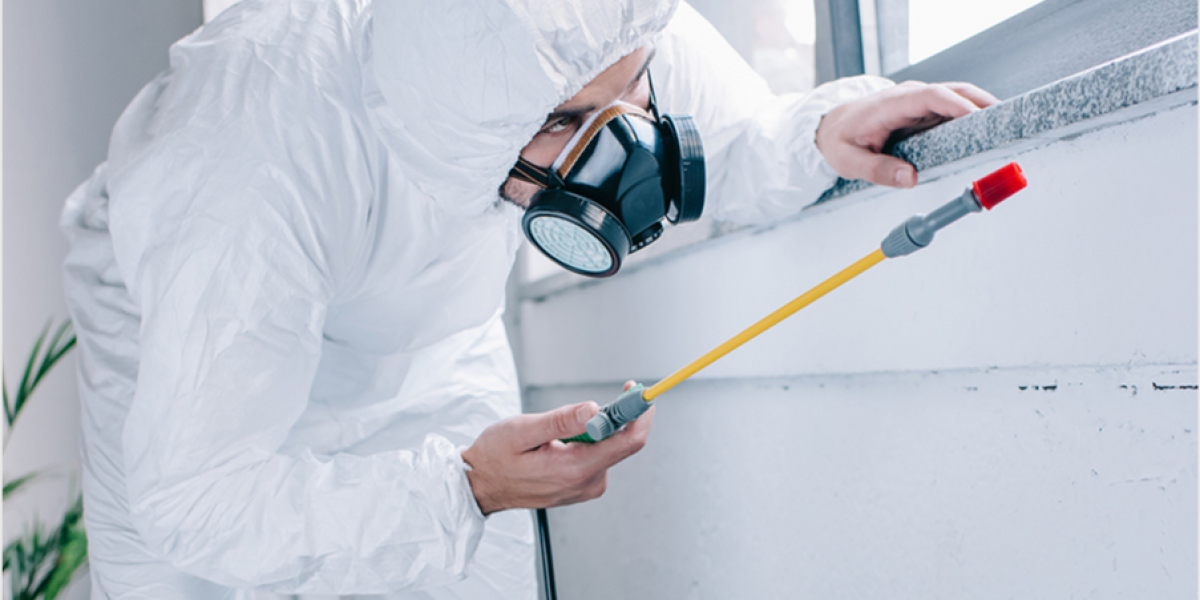Introduction to Self-Sanitizing Toothbrushes
Self-sanitizing toothbrushes are advanced dental care tools designed to improve hygiene by automatically disinfecting their bristles after each use. By utilizing innovative sanitization technology, these toothbrushes ensure that harmful bacteria and germs are effectively eliminated, promoting a healthier brushing experience.
Key Features of Self-Sanitizing Toothbrushes
1. UV-C Sanitization Technology
Many self-sanitizing toothbrushes employ UV-C light, a proven germicidal agent, to disinfect the brush head. This technology can kill up to 99.9% of bacteria, viruses, and fungi, ensuring that your toothbrush remains hygienic between uses.
2. Automatic Activation
These toothbrushes typically feature automatic sanitization that activates once the toothbrush is placed in its charging base or sanitization dock. Users benefit from a hands-free experience, allowing for a seamless addition to their oral care routine.
3. Rechargeable and Convenient
Most self-sanitizing toothbrushes are rechargeable, providing long battery life that can last weeks on a single charge. This convenience means they are always ready for use without the hassle of frequent battery replacements.
4. Multiple Brushing Modes
Self-sanitizing toothbrushes often come with various brushing modes to cater to different dental needs, including:
- Daily Clean: For everyday brushing.
- Sensitive: Gentle mode for those with sensitive teeth and gums.
- Whitening: Focused on removing surface stains.
Benefits of Using a Self-Sanitizing Toothbrush
1. Enhanced Oral Hygiene
The primary advantage of a self-sanitizing toothbrush is its ability to significantly reduce the presence of bacteria on the brush head. This helps lower the risk of oral health issues such as gum disease and cavities.
2. Convenience
The automatic sanitization feature eliminates the need for manual cleaning, making it easier for users to maintain a consistent oral care routine. This encourages better habits and promotes overall dental health.
3. Eco-Friendly Design
Many self-sanitizing toothbrushes use replaceable brush heads, reducing waste compared to traditional disposable toothbrushes. This aligns with sustainable practices and environmental considerations.
Choosing the Right Self-Sanitizing Toothbrush
1. Look for Certification
Ensure that the toothbrush has been tested and certified by relevant dental health organizations. This guarantees its effectiveness and safety for daily use.
2. Evaluate Battery Life
Select models with long-lasting battery life and quick charging options to ensure minimal downtime between uses.
3. Brush Head Compatibility
Consider toothbrushes that allow for interchangeable brush heads, providing customization based on individual dental needs and preferences.
Maintenance Tips for Your Self-Sanitizing Toothbrush
1. Rinse After Use
Even with self-sanitizing features, it’s essential to rinse the brush head under running water after each use to remove any toothpaste residue and food particles.
2. Replace Brush Heads Regularly
For optimal performance, replace the brush head every three months or sooner if the bristles show signs of wear.
3. Store Properly
Always return your self-sanitizing toothbrush to its charging base or sanitization dock after use. This keeps it charged and ready for the next use.
Conclusion
A self-sanitizing toothbrush is an innovative solution for maintaining optimal oral hygiene. By combining advanced cleaning technology with effective sanitization, these devices help ensure a hygienic and efficient brushing experience. Investing in a self-sanitizing toothbrush can lead to improved dental health and a brighter smile.







